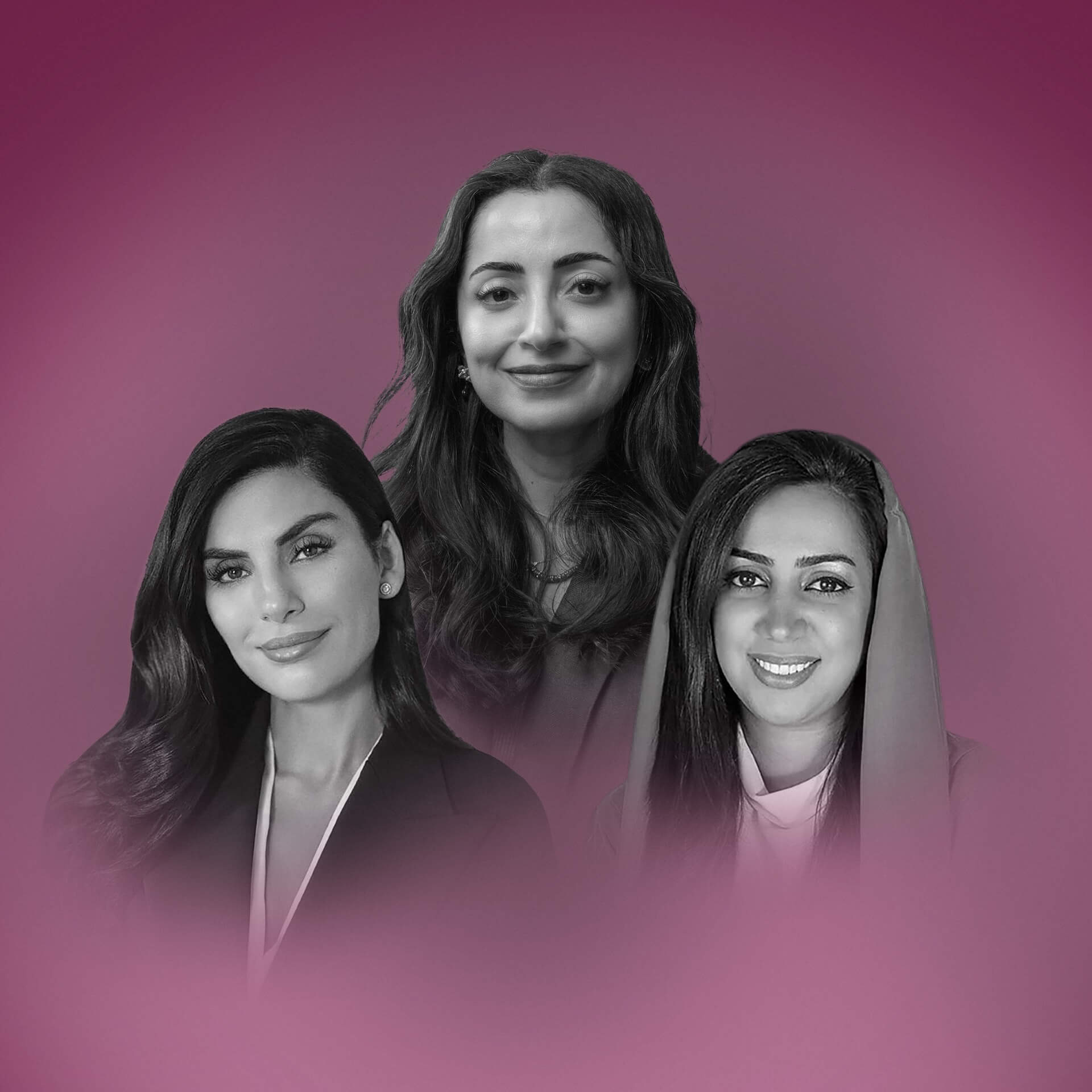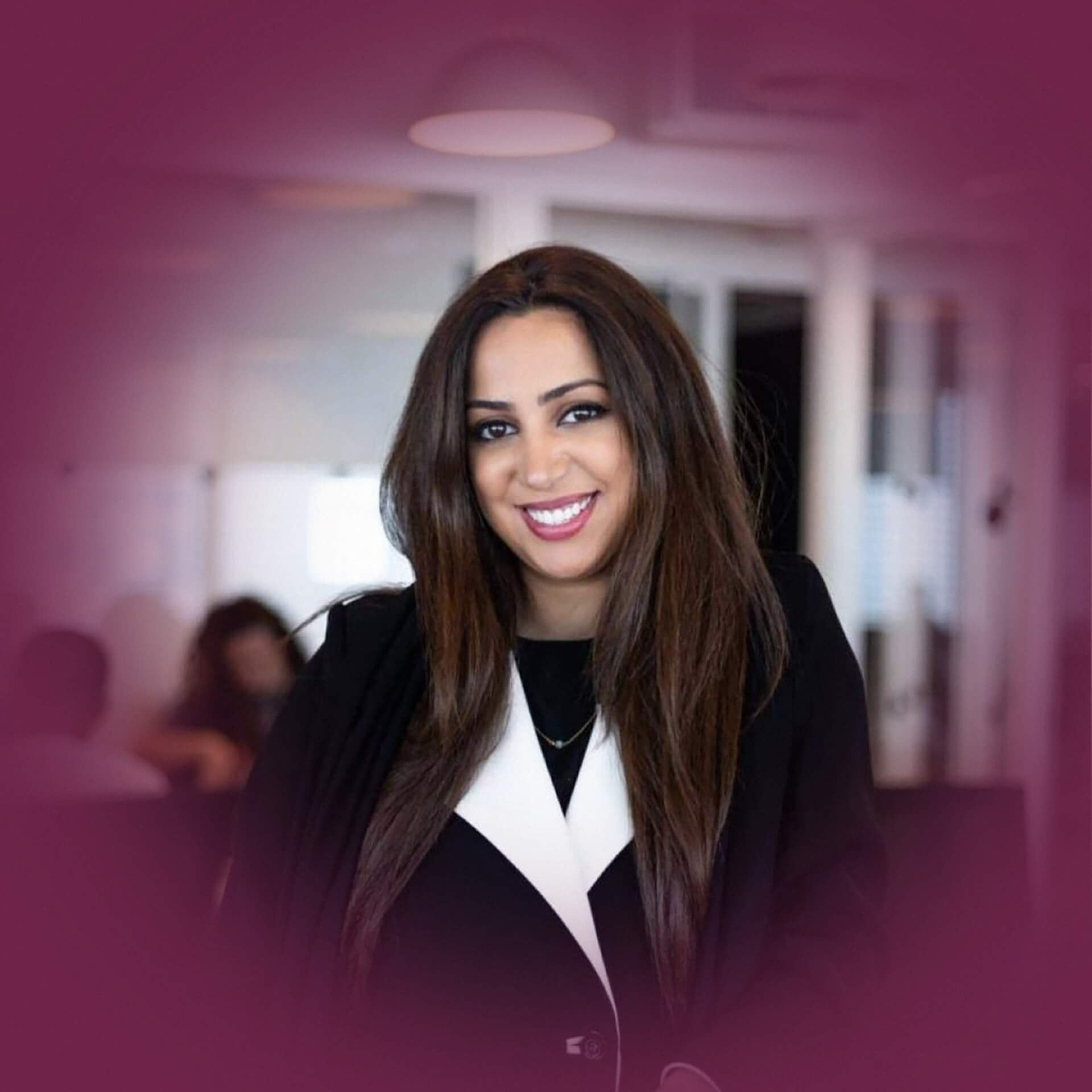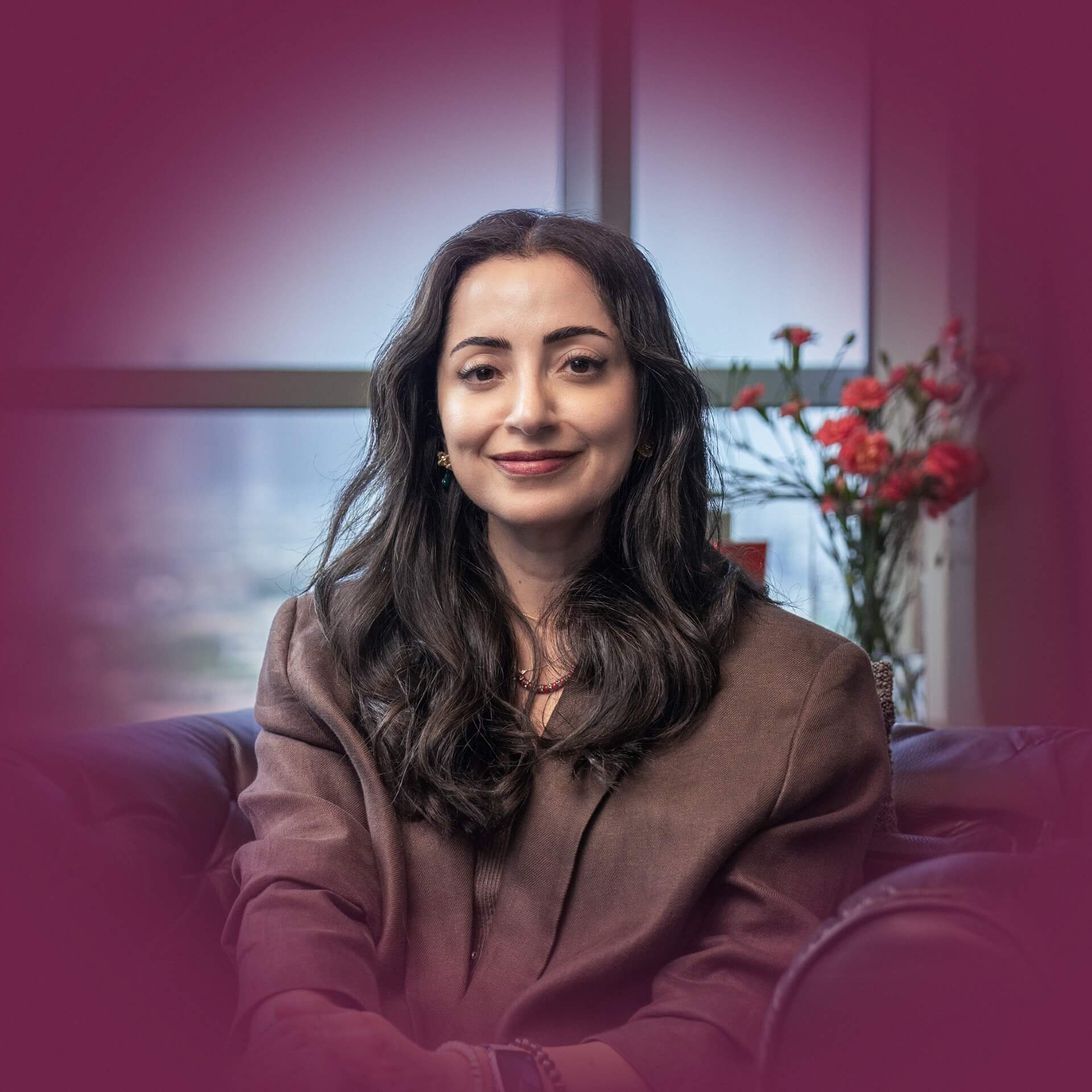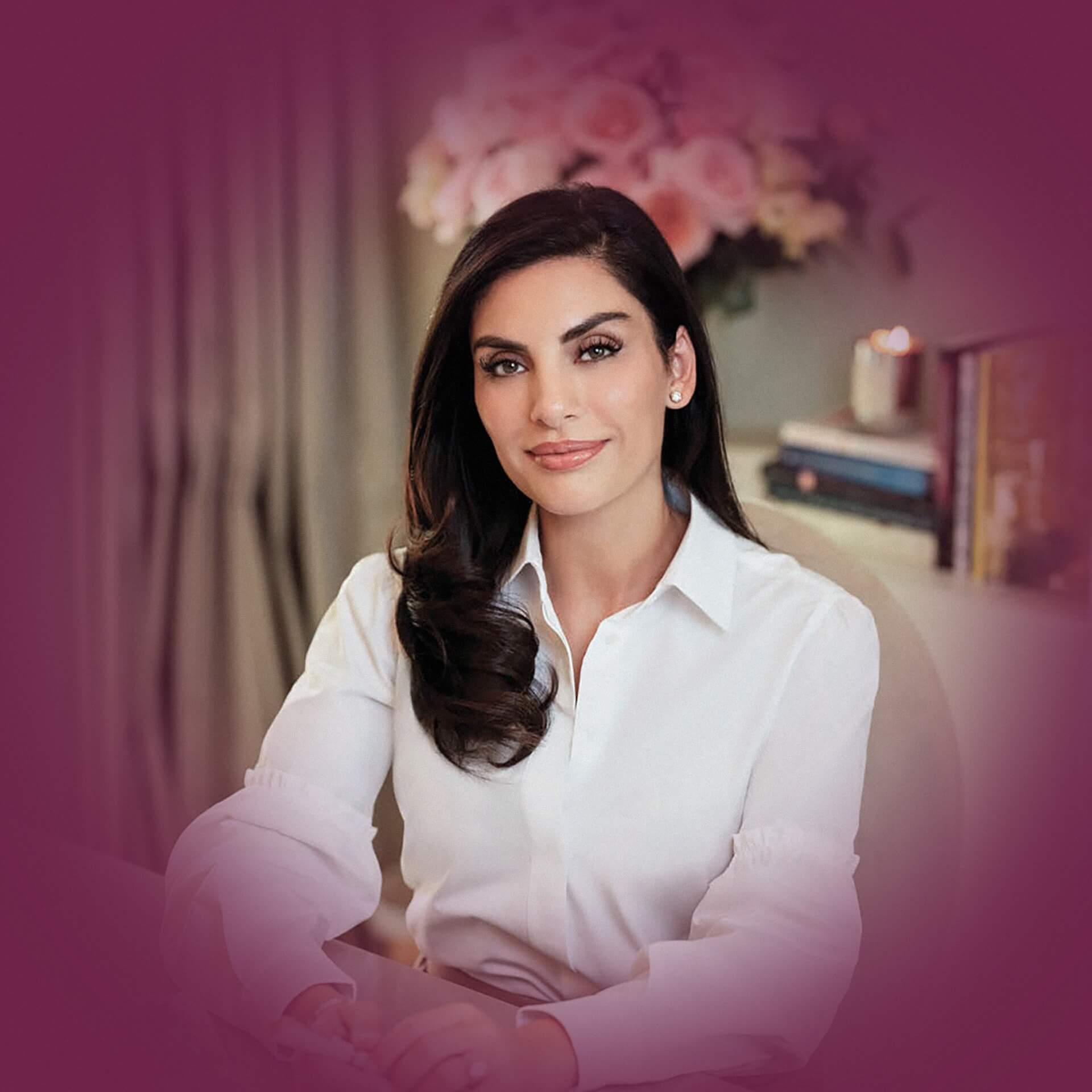By: Devayani Clark
July 2025
5 mins

In the Middle East, mental health is a quiet wound. It lingers behind closed doors, hidden by shame, misunderstood by tradition. Especially for women. Especially for youth.
Therapy is seen as foreign. Weak. Even taboo. Mental health care has long been underdeveloped, with too few professionals, too little funding and too much stigma. Many still believe mental illness is a personal weakness or a spiritual failing, not something medical or psychological (World Health Organization, 2022). Seeking therapy is often viewed as lack of faith or disloyalty to family. As a result, countless people suffer in silence (Gearing et al., 2015). Still, beneath this generational silence, new voices are rising. At the helm are three remarkable women: Khawla Hammad, Luma Bashmi, and Dr. Saliha Afridi.
Each is tackling the region’s mental health crisis from a different angle, but with a shared purpose: to create a society where psychological well-being is not just accepted, but truly supported.

Khawla Hammad is building a space for people to speak freely. She is the founder of Takalam, a digital platform that offers private and culturally sensitive therapy in Arabic. Her goal is to make mental health care more accessible to those who have long been underserved.
“Takalam is the result of a personal struggle due to the lack of accessibility to mental healthcare,” she said. “My journey began with a personal experience that highlighted the need for accessible and culturally sensitive mental health services” (Hammad, 2023).
Khawla saw how few options existed for Arabic speakers seeking help. Even when language barriers were addressed, many therapists still misunderstood the emotional and cultural world of their clients. She wanted to change that.
Takalam connects users with licensed therapists who understand both the language and the context. It offers discreet and affordable care, meeting people where they are in both platform and mindset.
One conversation at a time, Khawla’s work is helping to make therapy feel normal and no longer hidden.

Luma Bashmi is developing research-backed, culturally grounded approaches to mental health. A Fulbright scholar and PhD candidate at the University of Cambridge, she focuses on the psychological well-being of Syrian and Palestinian refugees living in Lebanon and Jordan. These are populations often overlooked in global mental health research and care.
“We need to stop exporting Western models of therapy without understanding the people we’re trying to help,” she explains (Bashmi, 2023).
Her work examines how trauma shows up in Arab populations and how healing must align with emotional, spiritual, and cultural realities. She is adapting the IC ADAPT framework, which brings together evidence-based methods and cultural context to better support displaced Arabic-speaking communities.
Luma’s research is already influencing how refugee mental health is understood and approached. It adds to a growing body of evidence that highlights the deep mismatch between conventional models and the lived experiences of those they aim to help. Her findings underscore the urgent need to redesign policies and services to be culturally aligned, setting the stage for meaningful reform.
By combining scientific rigour with cultural empathy, Luma is helping build new models of care that reflect Arab realities and redefine what healing looks like for displaced communities.

For over a decade, Dr. Saliha Afridi has been reshaping how mental health is understood and addressed in the UAE. As the founder of one of Dubai’s most respected mental health centres, The LightHouse Arabia, she champions early intervention, emotional education, and prevention.
“We don’t wait until people are in crisis,” she says. “We teach them to understand themselves and each other earlier” (Afridi, 2021).
She introduced Mental Health First Aid UAE, a program that trains people to recognise signs of mental distress and respond with support and guidance. It helps communities care for one another before problems escalate.
She also leads public awareness campaigns, speaks regularly in the media, and designs wellness programs for schools and workplaces. Her work is normalising therapy and emotional intelligence through education, visibility, and prevention.
Dr. Afridi is building emotional literacy at a societal level. She blends clinical expertise with cultural understanding and remains guided by one core belief: emotional well-being is essential to a healthy society.
These three women are not waiting for change. They are building it. Khawla, Luma, and Saliha are not just improving access to care. They are reshaping the entire conversation. They are doing it with tech. With science. With knowledge. Most importantly, with a deep understanding of the region’s needs. Ultimately, they offer hope. A hope that mental health can be taken seriously. That people can find help without fear. That healing, in all its forms, belongs here too.